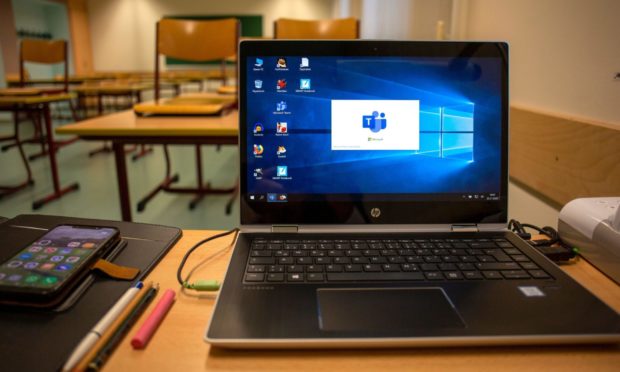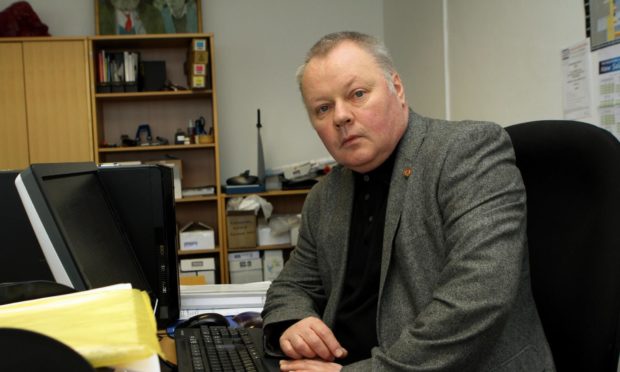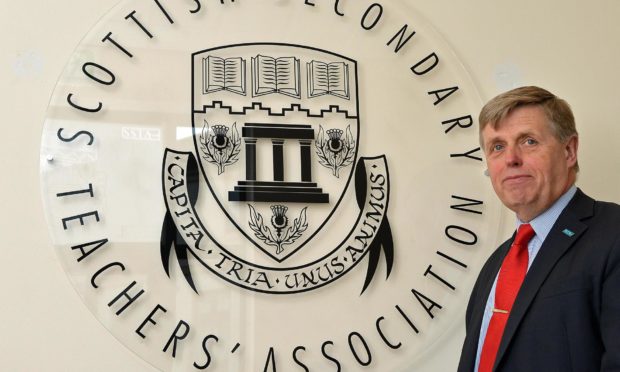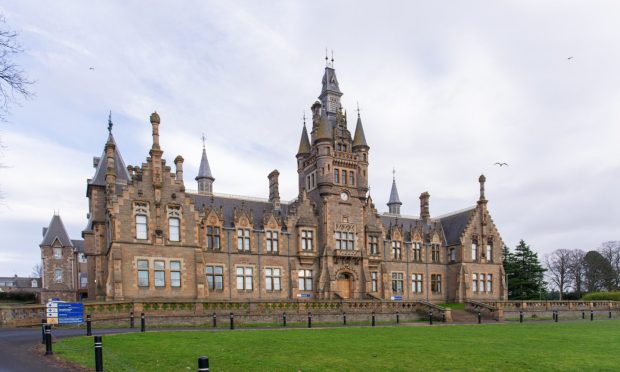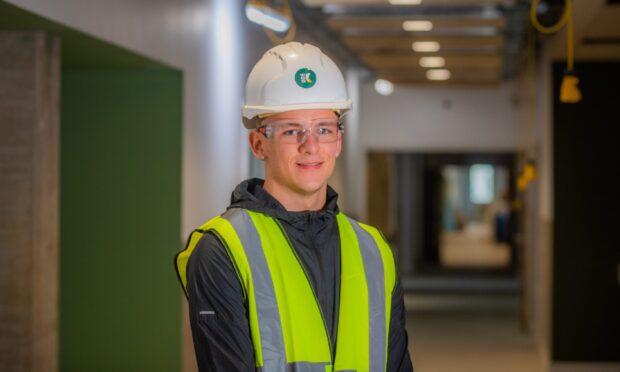Teachers need more clarity on the duration of remote learning in order to assess pupils for qualifications, a local union representative has claimed.
The Scottish Qualifications Authority (SQA) released updated guidance for assessing senior phase pupils yesterday which asked schools to focus on “learning and teaching” rather than assessments during home-schooling.
But teachers may struggle to cope with the demand to gather evidence if school closures are extended beyond February, according to EIS Fife spokesman David Farmer.
He said: “There is a lack of clarity with what is going to happen in the short to medium term in relation to a national lockdown being continued.
“Most teachers would agree it would be very difficult to gather all the evidence that the SQA is asking for if the lockdown is continued beyond February.
“Teachers are trying to meet the demands on them without knowing what is going to happen once we get into the February and March period.
“I think most teachers would agree that remote learning is the right thing to do at the moment and they are just going to get on with supporting pupils who are working towards their qualifications.
“But they do need more guidance on what will happen if it is extended.”
Concerns have also been raised over whether the alternative assessment model developed by the SQA would be effective if school closures are extended.
Most teachers would agree it would be very difficult to gather all the evidence that the SQA is asking for if the lockdown is continued beyond February.”
David Farmer
The SQA update said a range of “scenarios” and “flexibilities” were being considered for the alternative certification model, if required, including holding assessments later in the school year.
It read: “The priority for schools and colleges during January should be to maximise learning and teaching time.
“Given the move to remote learning and the challenges learners face, the assessment of learner evidence cannot be undertaken unless young people have the foundation of teaching and learning of course content.
“This will impact on the timing of assessment, which can take place in the later stages of the 2020-21 session.”
Further subject-specific guidance is to be published by the SQA between January 18 and 29 on the types of evidence that can be used.
Seamus Searson, General Secretary of the Scottish Secondary Teachers Association, told the government’s education and skills committee that grades should be developed using teacher estimates instead.
He said: “Teachers have been crying from early last year to get some clarity of what is expected of them.
“It comes out in dribs and drabs and I feel that is a real problem but we’ve got a reality that it may be sometime before we’ve got children back in school.
“If we don’t get children back in school then the teacher assessment and the materials they’re expected to provide will become less reliable.
“I’m concerned about that because you could set a pupil work for what you might regard as a piece of evidence for the SQA but you can’t guarantee that it’s a piece of work belonging to that child.”
Deputy First Minister John Swinney also reassured teachers to prioritise on learning and teaching during remote learning during a remote learning update in parliament today.
